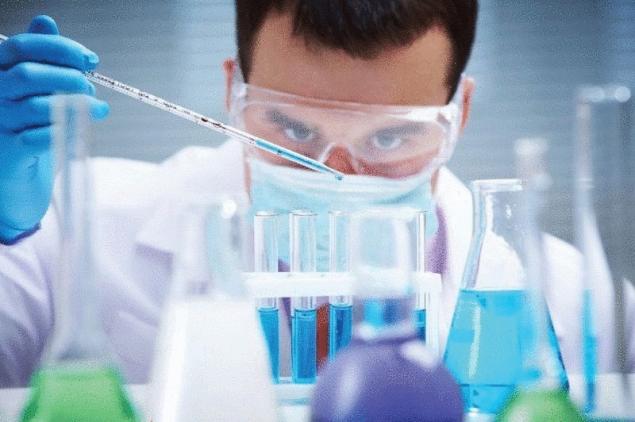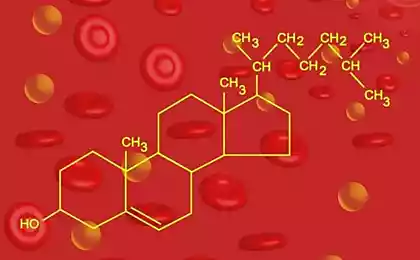385
Hydrogen sulfide has a high potential for health
Scientists at the University of Exeter has found that hydrogen sulfide has a number of advantages for the treatment of a wide range of diseases: stroke, diabetes, heart attacks, dementia.

The researchers, based on gas, have developed a new compound AP39, which could be the key to therapy, by delivering small doses of substances inside of cells. The compound protects mitochondria, the cellular power plant. To prevent harm to the mitochondria or their recovery may be a basis for treatment of many diseases. Such as stroke, arthritis, heart failure, dementia, diabetes.
Professor Matt Whiteman said, "When cells are damaged by disease, they need a small amount of hydrogen sulfide. It allows the mitochondria to work and live all over the cage. We exploited a natural process and created a compound AP39, mitochondria which provides a small amount of gas. Our results show that the cells are treated with AP39, mitochondria are protected and they survive."
Dr. biology mark wood added: "Although hydrogen sulfide is well known as a pungent, foul-smelling gas, it is naturally produced in the body and can have significant implications for future therapies for various diseases". Preclinical results are promising. For example, in models of cardiovascular diseases, studies show that more than 80 percent of the mitochondria of cells survived in highly destructive conditions, if the AP39 was administered.
Source: nauka24news.ru/

The researchers, based on gas, have developed a new compound AP39, which could be the key to therapy, by delivering small doses of substances inside of cells. The compound protects mitochondria, the cellular power plant. To prevent harm to the mitochondria or their recovery may be a basis for treatment of many diseases. Such as stroke, arthritis, heart failure, dementia, diabetes.
Professor Matt Whiteman said, "When cells are damaged by disease, they need a small amount of hydrogen sulfide. It allows the mitochondria to work and live all over the cage. We exploited a natural process and created a compound AP39, mitochondria which provides a small amount of gas. Our results show that the cells are treated with AP39, mitochondria are protected and they survive."
Dr. biology mark wood added: "Although hydrogen sulfide is well known as a pungent, foul-smelling gas, it is naturally produced in the body and can have significant implications for future therapies for various diseases". Preclinical results are promising. For example, in models of cardiovascular diseases, studies show that more than 80 percent of the mitochondria of cells survived in highly destructive conditions, if the AP39 was administered.
Source: nauka24news.ru/























